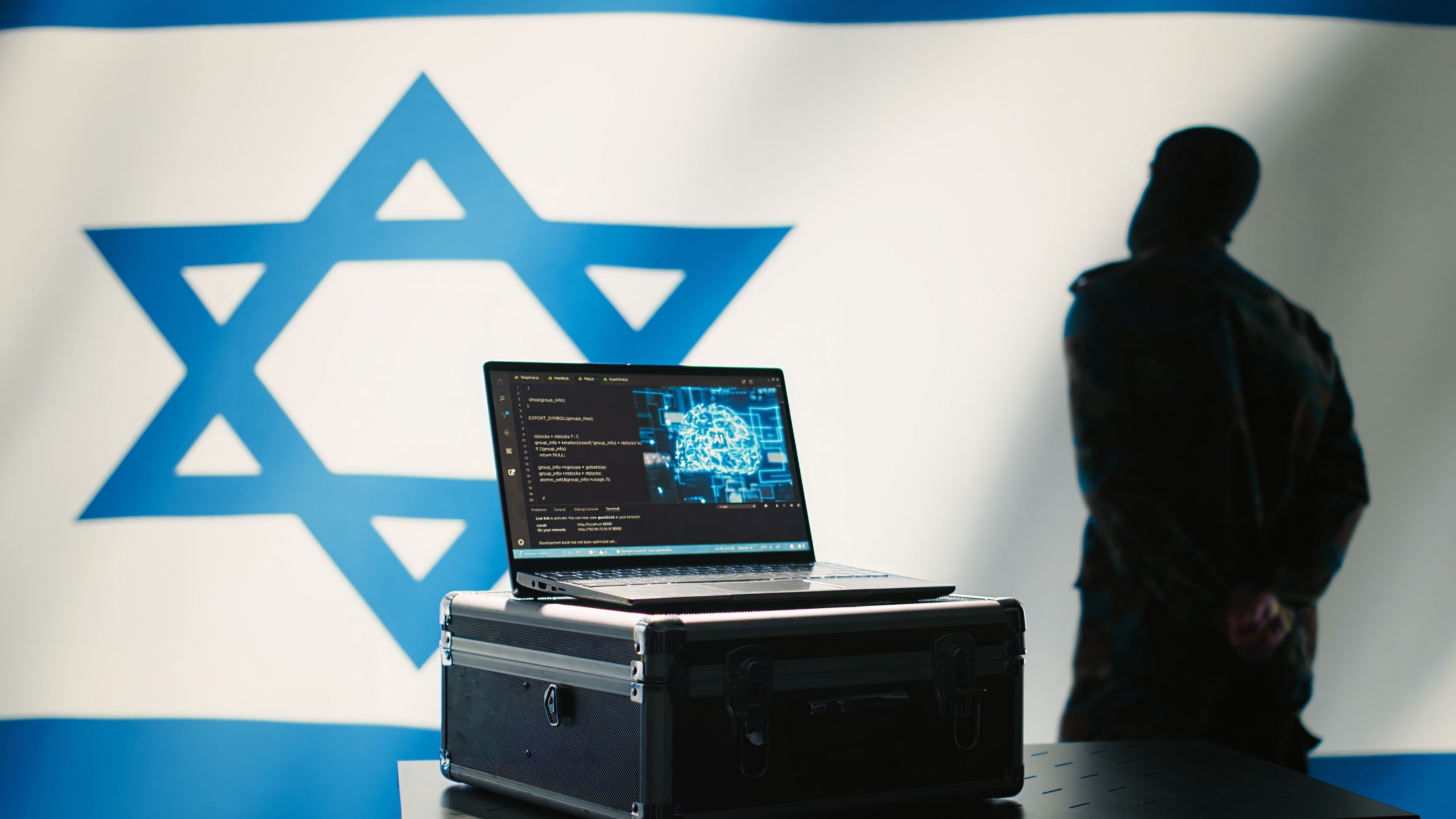Israel’s unprecedented success in infiltrating Iranian intelligence has opened up a “Pandora’s box” of global security threats, Chinese observers have warned, while urging China to tighten all national security measures against any vulnerabilities.
According to Chinese military analyst and former air force member Fu Qianshao, one striking feature of the Middle East conflict is the critical role played by Israeli intelligence agents embedded in Iran.
Israel’s Mossad intelligence agency reportedly used spies and agents to smuggle armed drones and precision weapons into Iran in a prolonged operation, effectively creating a covert drone base within Iranian territory.
When Israel launched its overnight strikes on June 13, these prepositioned assets helped to swiftly disable much of Iran’s air defences and missile system. By the time Iran put together a response hours later, its ability to retaliate had been greatly diminished.
The Israeli air strikes targeted key nuclear sites in Iran and killed at least four senior Iranian military commanders and six nuclear scientists.
Fu said the tactic of having spies disable Iran’s radars and ground-to-air missile systems, allowing Israeli fighter jets to enter Iranian airspace almost unchallenged, was “a tactic belonging to a new form of warfare, and in many ways has opened a Pandora’s box”.
On Monday US time, President Donald Trump announced that a US-brokered ceasefire was in place after what he called the “12-day war” between Israel and Iran.
Israel Prime Minister Benjamin Netanyahu claimed a “historic victory” the following day, saying in a video statement that Israeli forces had destroyed Iran’s nuclear programmes.
Iranian state media reports say over 700 people have been arrested since the strikes on suspicion of spying for Israel.
Fu said Israel’s success might be “a wake up call” for the world on the damaging impact of highly covert operations, and the tactic could be replicated by other military powers.
Therefore, China’s efforts to prioritise national security and crack down on espionage was “very correct”, he said.
China has been significantly strengthening its national security framework, a vast and comprehensive effort spearheaded by President Xi Jinping.
The initiative, which includes the strategy of“civil-military fusion”, is seen as fundamental to China’s ambitions of becoming an economic and technological superpower as it engages in a strategic rivalry with the United States.
According to Fu, China’s emphasis on “civil-military fusion” involves protecting military sites while also relying on civilians and local communities to closely monitor surrounding areas and watch out for suspicious entities.
“When the military and local communities work together, security becomes much more robust,” he said.
China’s top security agencies have repeatedly issued warnings about the threats posed by foreign intelligence operatives and spies, especially activities targeting China’s critical sectors such as technology, defence, infrastructure, and economic development.
Beijing also revised its anti-espionage law two years ago to expand the definition of spy activities.
As of January last year, drones are banned from flying near airports, military compounds and other sensitive areas in China, and all such equipment must be registered under their owners’ legal names.
Yan Wei, deputy dean of the school of country and region studies at China’s Northwest University, said Beijing could further improve its national security capacity building.
“We have our own advantages, particularly in the area of security, such as our nationwide security education, the highly efficient top-down security system, and the multi-level, multi-dimensional security mechanisms,” Yan said.
National security education in Chinese colleges and schools has become mainstream in recent years as Beijing actively strengthens its toolbox to improve all-round security, a point noted by Yan.
“Especially in recent years, we can clearly see China’s capacity to safeguard national security has significantly increased and this is a necessary response to the uncertainties of the world and to great power competition,” he said.
Fu said China needed to improve both active and passive defence through research and advance planning.
“In the future, we may need to improve active defence, using anti-aircraft weapon systems to intercept incoming threats and adding laser weapons or electromagnetic pulse systems to protect key sites like airports,” he said.
Passive defence would be “through camouflage and concealment, such as generating large amounts of smoke or fine fibre particles quickly to obscure targets from enemy precision-guided missile systems”, he added.
“If the missiles rely on GPS guidance, then GPS jamming becomes essential.”
But Timothy Heath, a senior international defence researcher at the US-based Rand Corporation, said Israel’s success was unique and hard to replicate.
“Israel’s intelligence successes are almost unique in the world and reflect its long-standing expertise and familiarity with neighbouring countries,” Heath said.
“It is harder for Beijing to replicate such successes against its neighbours except for perhaps Taiwan, with which it is of course very familiar and shares a common culture and language.”
